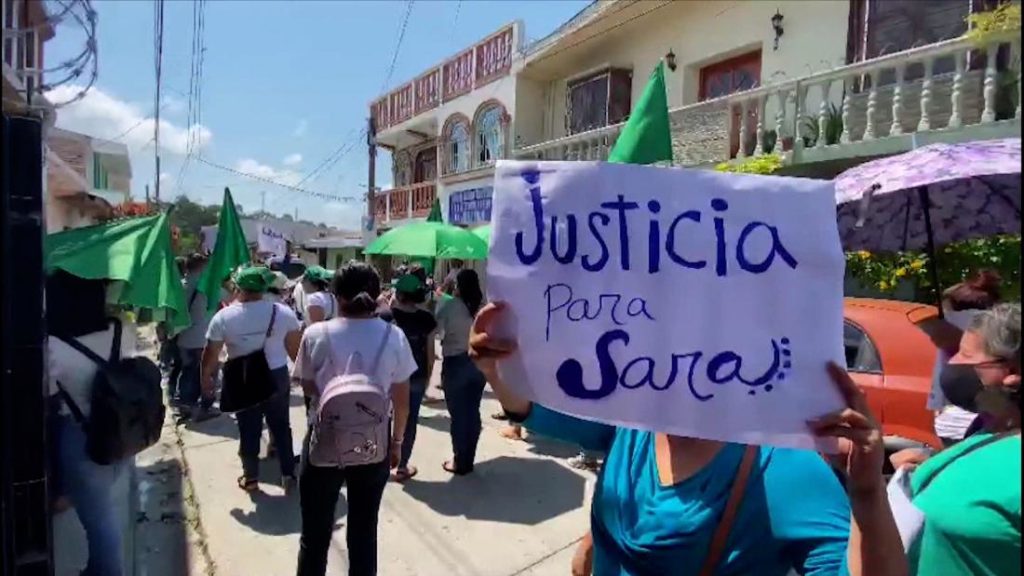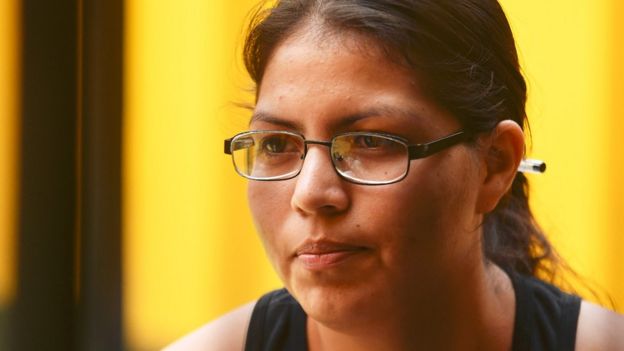
“The witch-hunt, then, was a war against women; it was a concerted attempt to degrade them, dehumanize them, and destroy their social power. At the same time, it was in the torture chambers and on the stakes on which the witches perished that the bourgeois ideals of womanhood and domesticity were forged.” Silvia Federici
Sara del Rosario Rogel García, aka Sara Rogel, has spent the last ten years in a prison in eastern El Salvador for a crime she never committed which wasn’t a crime in the first place but which non-crime event never occurred. Once again, El Salvador is willing, even eager, to sacrifice a young woman’s life in the pursuit of complete control over women’s lives, bodies, everything. On Monday, a judge ruled that Sara Rogel could be released from prison because she no longer presented “a danger” to society. Sara Rogel still sits in prison, however, because the prosecution has five days to appeal. Even if Sara Rogel is released from prison, at the end of the week, it is clear that her `freedom’ will be conditional, as was the case with Cindy Erazo last year, Evelyn Beatríz Hernández Cruz in 2019, Maira Verónica Figueroa Marroquín and Teodora Vasquez in 2018, all women who were wrongly imprisoned … and for what?
In 2012, 21-year-old Sara Rogel was a student and was pregnant, a pregnancy of which, according to her attorney, she was happy. While doing laundry, Sara Rogel slipped, fell, suffered a miscarriage, hemorrhaged, had to be taken to the hospital, where she was initially charged with an illegal abortion and then with aggravated murder. Sara Rogel was sentenced to 30 years in prison. From the moment Sara Rogel was charged to today, feminist groups, human rights advocates, international groups such as the United Nations Office of the High Commissioner for Human Rights protested the violations of Sara Rogel’s basic human rights. At first, to no avail, but finally, this week, a bit of light began to flicker through. For the last ten years, and beyond, Agrupación Ciudadana por la Despenalización del Aborto the Citizen’s Group for the Decriminalization of Abortion, has led, pushed, persisted.
Cindy Erazo, Evelyn Beatríz Crus, Maira Verónica Figueroa Marroquín, Teodora Vasquez, and Sara Rogel, together, spent a total of 44 years in prison … a life time. For what? For having suffered an obstetric emergency? No. When will Sara Rogel be free, and who will pay for the years of captivity? When and where does the witch hunt end? Where is the global outrage at the torture being visited upon women, especially young women, in El Salvador and beyond?
(By Dan Moshenberg)
(Photo Credit: CNN)


